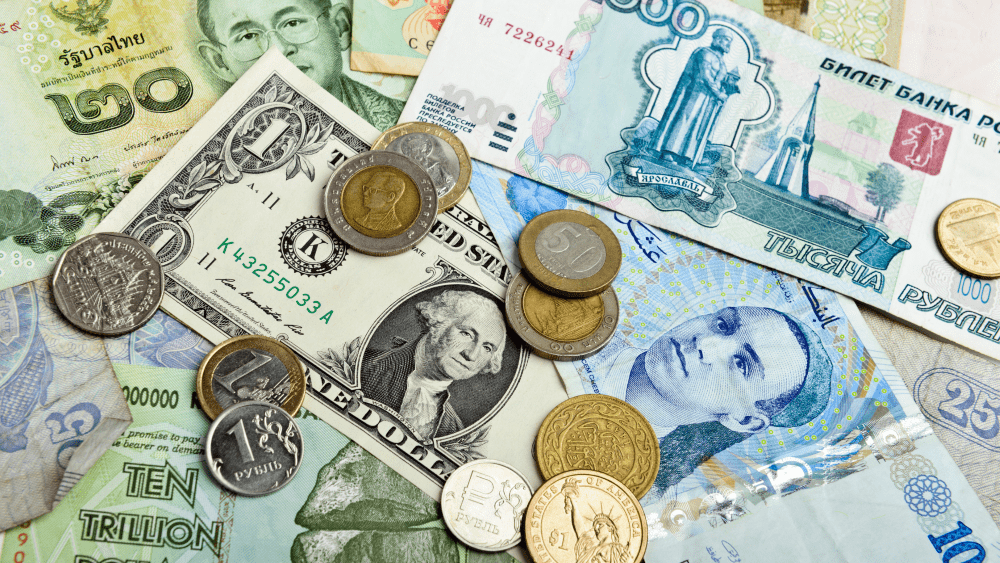
Divorce and Owning Foreign Assets
Property division is often the most contentious and complicated part of a divorce. Owning foreign assets can further exacerbate the toughness involved in valuing the marital estate and fairly dividing assets due to any of the following:
- Foreign countries may not enforce Canadian court orders.
- Foreign assets are subject to the taxes and laws of that country.
- Valuing foreign assets may take specialized foreign appraisers.
- Penetrating international privacy laws make it nearly impossible to locate and value the property without additional paperwork.
- Spouses may have hidden or protected assets that are hard to locate.
For people who own foreign assets, there could be many queries as to exactly how these need to be divided and what the regulations are. When your spouse is withholding overseas assets, an Ontario family lawyer at Fine & Associates Professional Corporation can help you locate the property and value its worth.
Equalizing Family Property
When Ontario couples get a divorce, they undergo a process called Equalizing Family Property. This shows they split up personal property, real estate, bank accounts, corporate shares and pensions and other investments they may have gained during their marriage. Any increase in value of these material things you owned before you married is also divided equally. Inheritances or personal gifts may be excluded, as are compensation for personal injuries or life insurance payouts.
Uncovering Hidden Assets
Each spouse must disclose all of the assets they currently own including foreign assets, when a couple goes through a divorce process. It can be appealing to “forget” about foreign assets – including investments or property or investments, however, it is unwise, since it can cause serious problems in your divorce.
Can the Court Force a Sale?
If you own foreign assets or property, Canadian courts cannot force you to sell them, however it could count the value of that property when the couple’s assets were split up.
For instance, if a house is valued at $200,000 CAD, your ex-spouse will be entitled to receive $100,000 or half of the value of the house.
Non-disclosure is Contempt of Court
Intentional non-disclosure of foreign assets could be seen as a contempt of court. This could result in a monetary fine or even some jail time depending on who the judge is and how severely the nondisclosure is taken.
It’s always in your best interests to disclose all your foreign assets, even if it means you’ll have to pay out your ex-spouse.
See a Lawyer!
Our family law firm handles all types of divorce matters, including hard aspects such as foreign property. In some matters, a couple may have resided overseas and left assets in that country when they shifted to the Canada. Diversification of investment portfolios is another reason a couple might have property overseas. And, of course, hiding funds and tax sheltering is commonplace, as well.
Discuss with a seasoned family lawyer of Fine & Associates Professional Corporation in advance if the overseas property is an issue in your divorce. Our expert family lawyers can advise you on any aspect of overseas asset valuation and property division.
Contact our office today at (416) 650-1300 or fill out our online contact form to schedule your case analysis.
